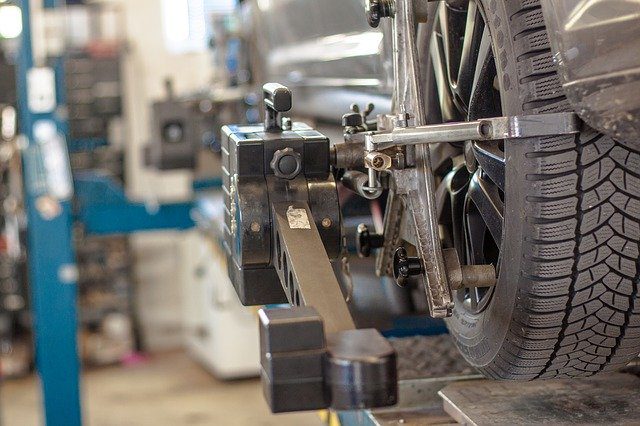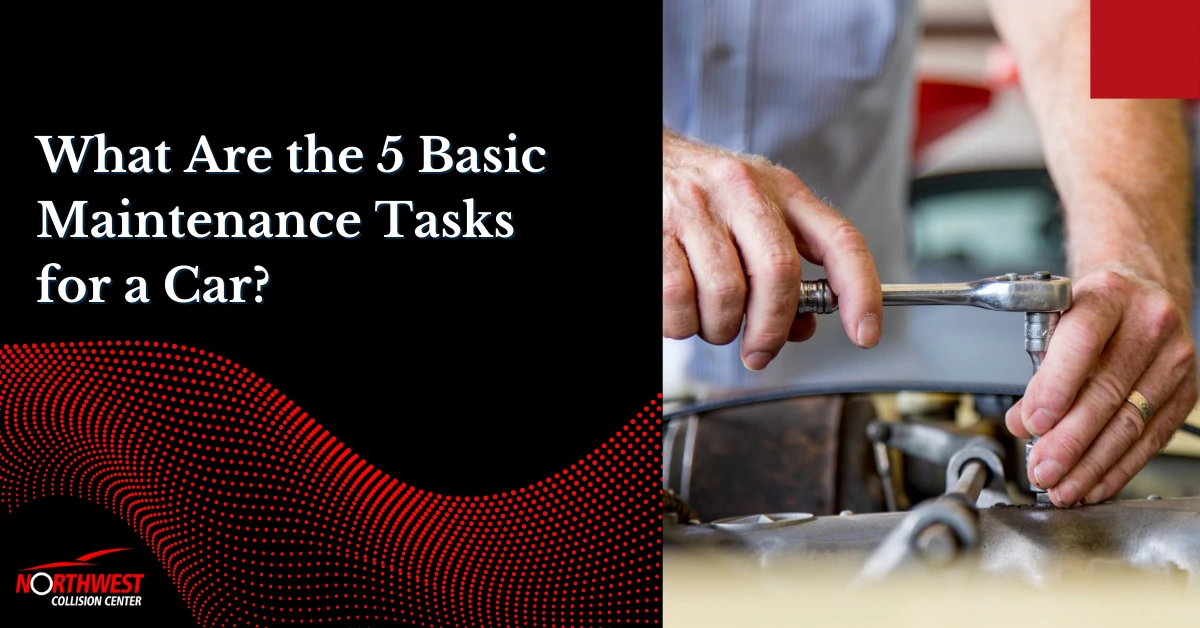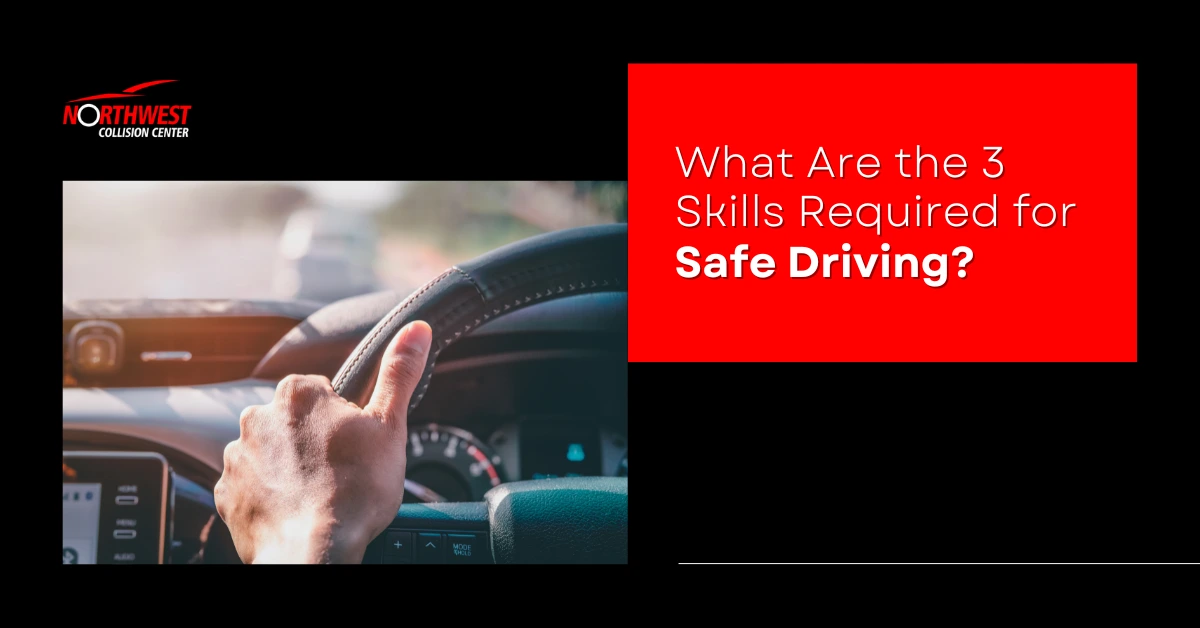Your car won’t be heading far without tires that are up to the challenge, but how much do you really know about tire requirements? According to the National Highway Traffic Safety Administration, 660 fatalities and 33,000 injuries occur every year due to under-inflated tires. In addition, incorrect tire pressure can negatively impact gas mileage, braking, and your car’s handling. This proves that tire pressure definitely matters, so here is what you should know!
Tire Pressure Fluctuations
Just like a football or soccer ball, tires don’t stay perfectly inflated forever. Temperature changes, tire damage, and even heavier than normal payload can all cause tire pressure to change. In addition, tires naturally lose about 1 or 2 psi per month through standard use and wear.
Impacts of Tire Pressure Changes
High tire pressure means tires are extra-inflated and won’t fully touch the ground. This leads to reduced traction and results in difficulty stopping quickly. Overinflated tires are also more susceptible to pothole damage. If enough time passes with overinflated tires, excessive inner tire tread wear will decrease the overall life of the tires.
On the other hand, low tire pressure it bad news for different reasons. Underinflated tires bend more as they move which builds up heat and rolling resistance, eventually causing poor fuel economy and premature wear.
Achieving Correct Tire Pressure
To establish your baseline, check your car’s owner’s manual for recommended air pressure. Choose one time every month to check your tires, perhaps when washing it or vacuuming the interior. It’s best to check pressure when the car is cool and hasn’t been driven, since recently used tires will not provide a true reading. A high quality air pressure gauge will work wonders in guaranteeing accuracy.
If the first three tires have correct pressure, don’t assume the fourth is fine. It’s vital that you check all four tires; if one is drastically different from the other three, it could indicate a more serious problem with your car. Of course, your local car service center can do this for you as well!










